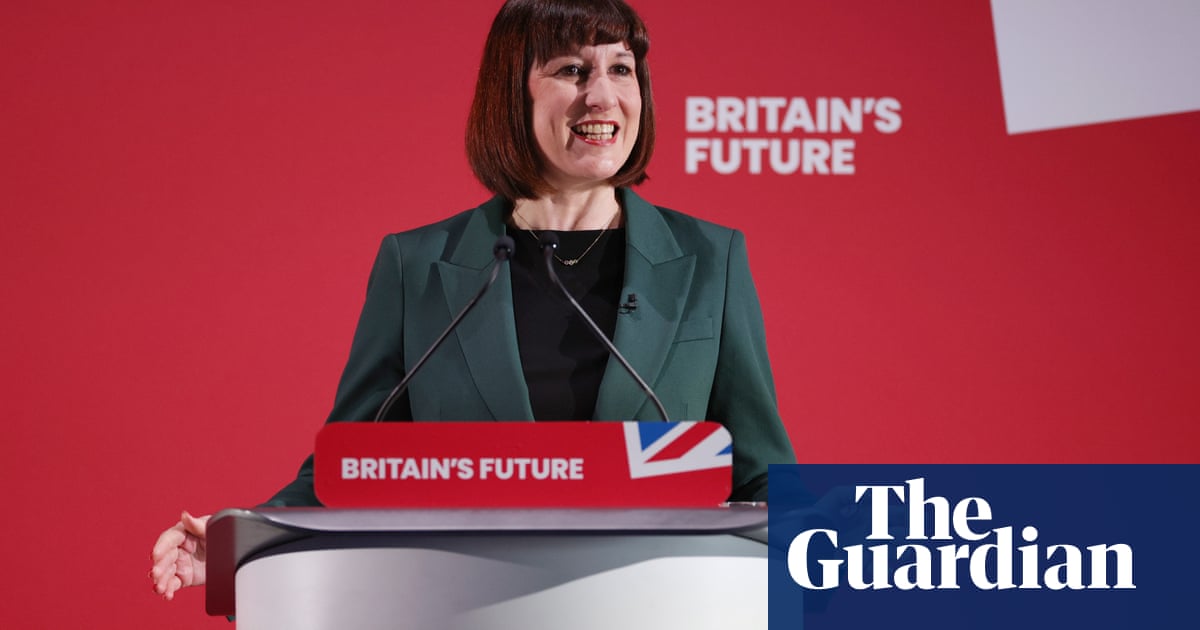
Taxes are likely to rise in the Labour government’s first budget, the chancellor Rachel Reeves, has said.
Speaking on the News Agents podcast, Reeves declined to rule out increases in inheritance tax, capital gains tax or pensions changes.
“I think that we will have to increase taxes in the budget,” she told the podcast, but ruled out raising national insurance, VAT or income tax. Labour’s manifesto committed not to increase those three taxes during this parliament.
The budget will take place on 30 October, and Reeves warned there were “more difficult decisions to come”. Her words are likely to be seized on by the Conservatives who have accused Reeves of laying the ground for tax rises.
In a statement to MPs on Monday, the chancellor accused the last Conservative government of leaving a £22bn black hole in the public finances. She claimed Jeremy Hunt, the former chancellor, had lied to parliament and the country about the state of public spending.
“Jeremy Hunt covered up from the House of Commons and the country the true state of the public finances. He did that knowingly and deliberately,” she told Sky News on Tuesday. “He lied, and they lied during the election campaign about the state of the public finances.”
Hunt has strenuously denied the claims and has written to Simon Case, the cabinet secretary and head of the UK’s civil service, disputing the government’s assessment.
Citing the £22bn shortfall, Reeves scrapped a series of Conservative policies including a long-anticipated cap on social care costs, plans to build 40 hospital projects at a cost of £3.7m, and various road projects.
Reeves also axed winter fuel payments to 10 million pensioners by means testing the allowance, drawing criticism from charities. The number of pensioners receiving the winter fuel payment will be reduced from 11.4 million to 1.5 million.
It was also pointed out that nearly half the shortfall cited by Reeves, £9.4bn, resulted from her decision to fund above-inflation public-sector pay recommendations in full and offer junior doctors a 22.3% pay rise over two years to end their strike action.
Speaking to broadcasters, Reeves argued that public sector workers deserved a pay rise and were getting one equivalent to the private sector. She said the settlement offered to junior doctors would cost £350m, a “drop in the ocean” compared with the £1.7bn cost of strike action last year.
She told Times Radio: “It was the former government who gave the remit to the independent pay review bodies and, extraordinarily, this year it didn’t include in that remit a number for what was affordable. We didn’t know that. I didn’t know that until I became chancellor on the 5th of July.”
The government is also scrapping long-anticipated social care changes. Andrew Dilnot, who authored the proposals in 2011, said the decision was a “tragedy” and would further postpone much-needed change to the system.
Asked by the News Agents podcast whether she agreed it was a tragedy, Reeves said: “Yes, it is. But this has to be laid squarely at the feet of the Conservative party, because if we hadn’t have taken action, here’s what would have happened. We would have had economic and financial instability in the same way that we experienced it when Liz Truss was prime minister.
“The alternative was economic instability, with financial markets in turmoil, with interest rates going through the roof, with people’s mortgages and rents going through the roof. I’m not willing to take that risk – economic stability always has to come first.”
She said Wes Streeting would take forward plans to work with the health and care sector to reform social care.












